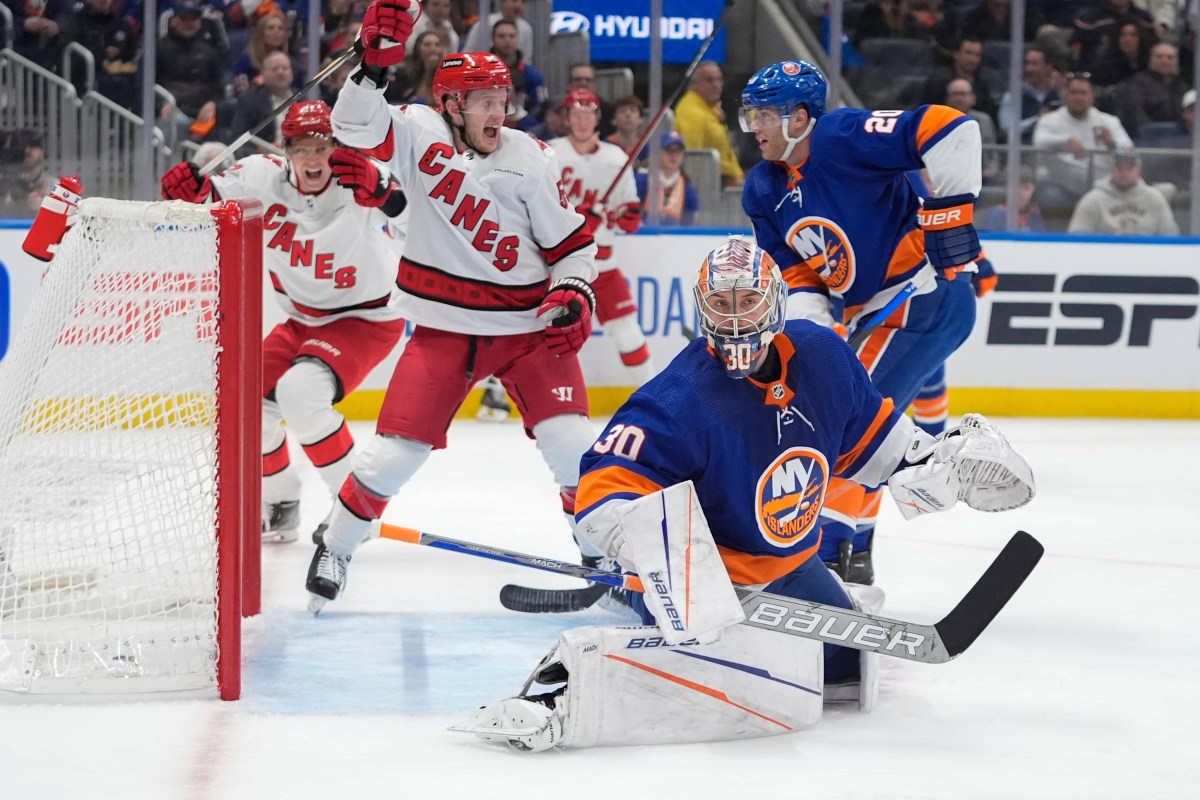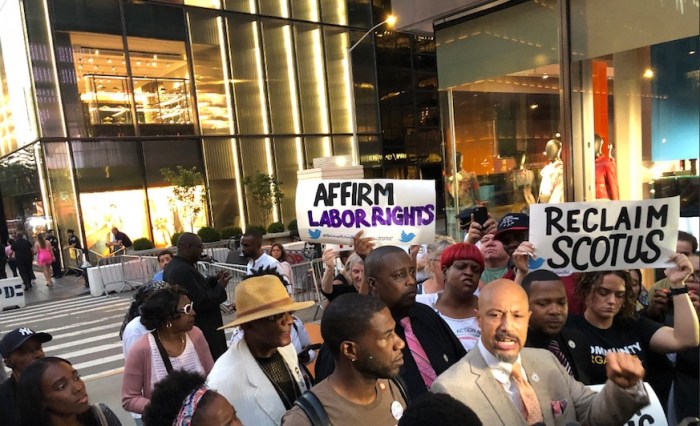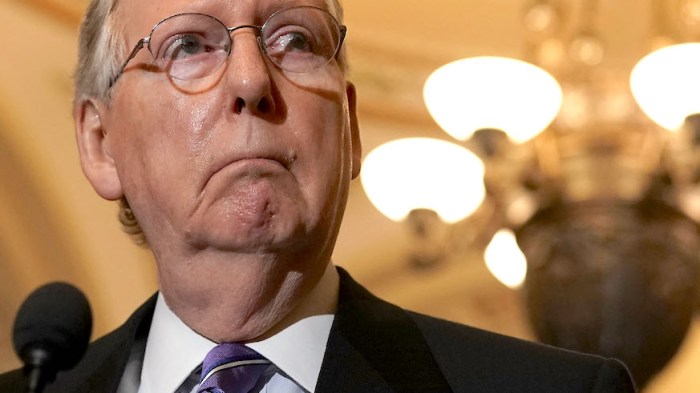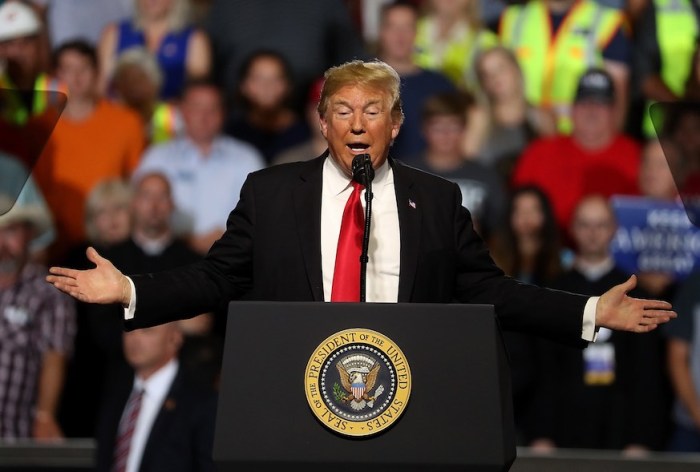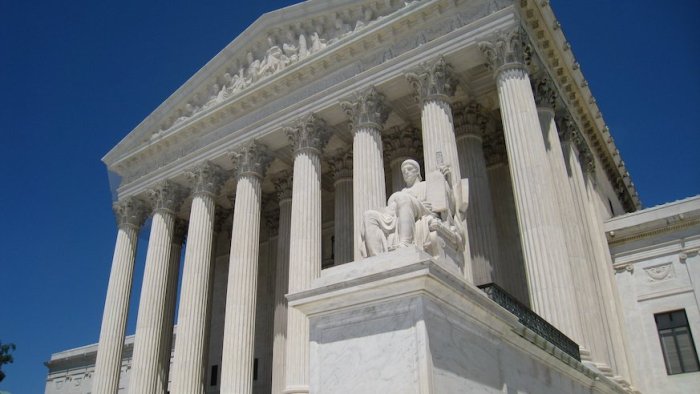Early Friday, as negotiations continued for a potential Senate hearing on accusations that Brett Kavanaugh sexually assaulted a woman when they were in high school, Kavanaugh’s Supreme Court nomination looked increasingly uncertain. Not necessarily imperiled, but far from the slam-dunk it seemed before Christine Blasey Ford, a California professor, stepped forward with the allegations last week.
Ford may or may not testify next week. It might be in public or in private. It might not happen at all. (Ford’s attorneys are trying to arrive at agreeable terms with the Senate Judiciary Committee.) Kavanaugh may or may not testify about the allegations, with or without Ford’s participation. Even the most experienced Washington insiders can’t draw a bead on what might happen in the next few days. But most agree that anything could happen — it’s still conceivable that Kavanaugh might step out of the running, or the White House could pull the nomination, to avoid the spectacle of a hearing (or in response to it).
And if Kavanaugh’s nomination does progress to a vote before the entire Senate, it’s possible a GOP senator or senators — experts are eyeing Sens. Lisa Murkowski and Susan Collins — could join Democrats in denying Kavanaugh a Supreme Court seat.
So: What then?
Most experts agree that even if Kavanaugh were to step aside tomorrow, it is too late to advance another nominee before the midterm elections, which are in seven weeks.
There is no evidence, so far, that the White House has one backup nominee in mind. In July, three other judges were widely reported to be finalists for the nod Kavanaugh ultimately received: Amy Coney Barrett of the Seventh Circuit, Raymond Kethledge of the Sixth Circuit, and Thomas Hardiman of the Third Circuit. All of those names — and Kavanaugh — were drawn from a list of 25 judges chosen by the ultra-conservative Federalist Society and circulated by then-candidate Trump as his potential Supreme Court farm team.
Reports on the runner-up for Kavanaugh’s slot differed. NPR’s Nina Totenberg, who has been reporting on the Supreme Court for three decades, said that Kavanaugh and Barrett were Trump’s final two picks. Vox, noting that Trump had declared he would only appoint graduates from Yale and Harvard, reported that Barrett (a Notre Dame alumna) had fluffed her final interview with Trump, supposedly clearing the way for Hardiman, who was supposedly Trump’s runner-up for the spot Neil Gorsuch got. (But Hardiman isn’t an Ivy Leaguer either.) Aaron Blake of the Washington Post noted Barrett’s lack of pedigree but said she would be the most “politically provocative pick,” which would appeal to Trump — she is young (46), relatively inexperienced and thus difficult for Democratic senators to grill (Trump appointed her to her current seat just last year), female and an observant Catholic who has spoken about her faith from the bench, rankling progressives.
Complicating matters: The (very) outside chance that Democrats could take a slim majority in the Senate in the midterms, which could force Trump to choose a moderate candidate. Or Republicans could attempt to ram a conservative justice through the lame-duck Senate before the holidays.
Bottom line: As with all things Trump, no one knows, until the last minute — and not even then.






